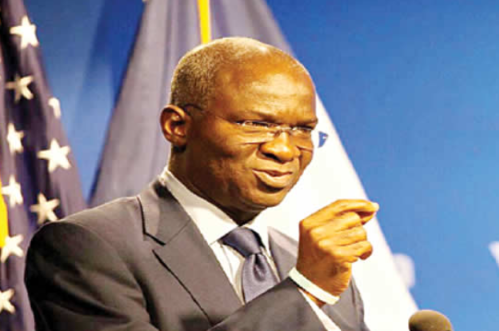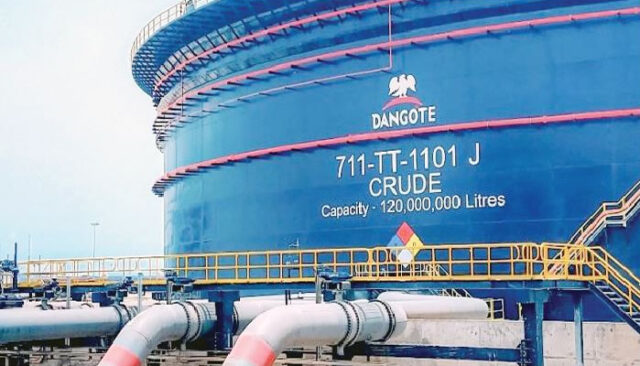Some petroleum marketers have raised strong concerns after alleging that petrol from the Dangote refinery is being sold at a lower rate to international traders than to domestic buyers. They say the refinery offers litres priced N65 cheaper in Togo than the same product in Nigeria.
Members of a key marketers’ group report that importers in Lome, Togo, are able to purchase Dangote petrol at those lower rates, while local off-takers in Nigeria are charged more. They claim that sometimes it becomes more economical to import the product than to buy from the refinery directly in Nigeria.
There was also a recent announced reduction in petrol prices within Nigeria, with new rates set for Lagos, the South-West, Abuja, Edo, and Kwara. But marketers argue that those cuts are timed when importers have cargoes already at sea or on hand, giving them an advantage and creating market conditions that harm domestic competition.
Leaders among the marketers say they have repeatedly requested discounted rates to offset freight and transportation costs, especially for moving petrol from the refinery’s jetty to local depots. They want logistical burdens accounted for so that pricing is more competitive for local users.
The refinery, for its part, has dismissed the notion that it sells cheaper petrol abroad than at home. It has questioned the claims and suggested that some of the criticisms stem from misunderstandings about its delivery pricing and operational terms. Officials from the refinery deny offering special discounts to international buyers relative to local ones.
Importers also express concern that the pricing practices may drive more dependence on imported fuel, undermining efforts to stabilize domestic supply. They warn that if disparities persist, local marketers will be undercut, possibly affecting downstream petroleum business in Nigeria.
The debate underscores broader tensions in fueling policy: balancing fair pricing for local consumers, efficient logistics, and maintaining profitability amid global fuel market pressures. For many Nigerians, the question remains: why should the same product cost more at home than abroad, especially when it originates from a domestic refinery.

















